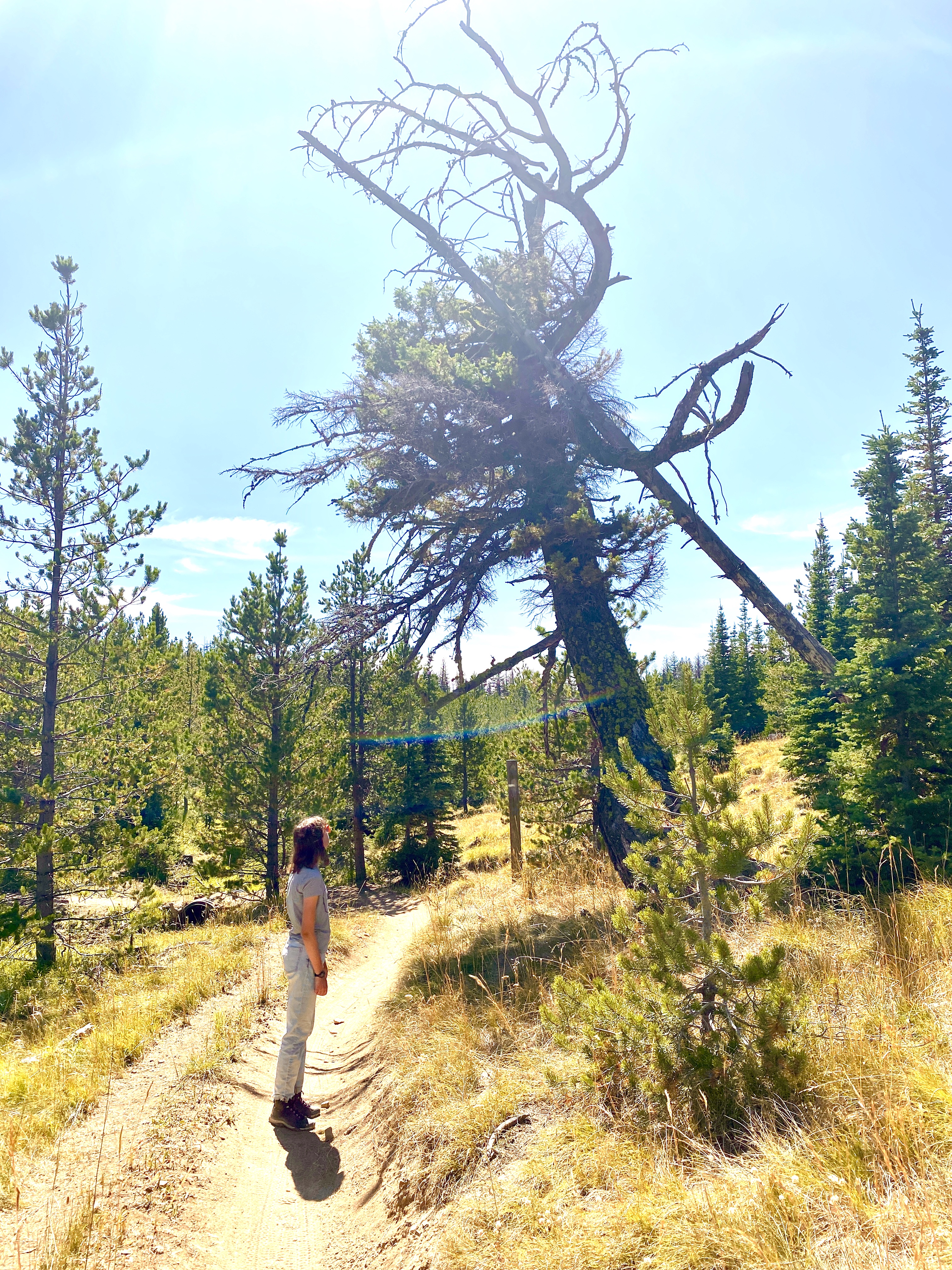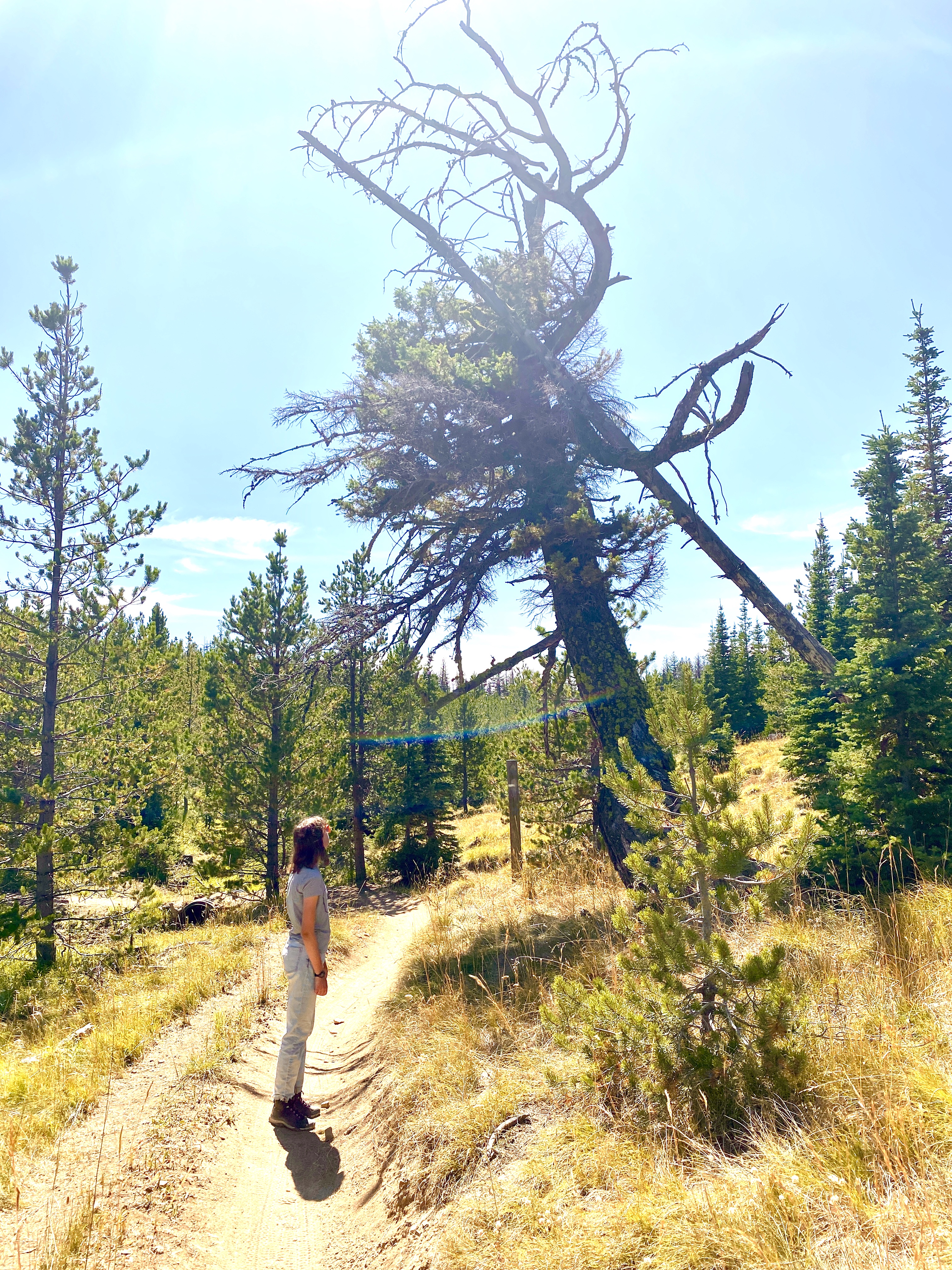2020 has been a year of disruption, loss, and change. Gen Z (those born from 1997 to present) are struggling to create a positive picture of the future. A global pandemic, economic insecurity, systemic racism and global warming reflect converging crises that heighten Gen Z’s anxiety about the state of the world.
The good news is that action can help alleviate stress.
More and more doctors and psychologists witness clients with anxiety about the future. While not a specific Diagnostic and Statistical Manual of Mental Disorders (DSM-5) malady, the American Psychological Association defines “eco-anxiety” as a “chronic stress about environmental doom.” Many of us feel this impending doom as we bear witness to wildfires, extreme heat, melting glaciers, and intense floods, which portend a stressful and uncomfortable future.
As authors Lise Van Sustereren, MD and Stay Colino write in the their new book “emotional inflammation: Discover Your Triggers and Reclaim Your Equilibrium During Anxious Times,” action can help people feel some control and progress about the state of the world. Agency is powerful.

Here are 7 Ways to Calm Your Angst about the Future:
1. Support a local environmental organization.
I knows this sounds incredibly simple. Community connection — even if it’s virtual during Coronavirus — can help you and your teen feel better about the future. If you support water conservation, local land trusts, or climate action at the local level whether by financially or by volunteering, you will gain a stronger sense of community and possibility of hope.
2. Call your utility and ask about their renewable energy portfolio.
This simple step lets your local power company know that consumers expect renewable energy options, especially as we face the reality of climate change. A phone call or even a snail mail letter to the power company CEO or local branch officer can make a difference.
3. Compost your kitchen waste.
It’s so simple even a luddite like me can do it. There are terrific resources online to learn how to compost. In many communities, small businesses that support kitchen scrap compost are popping up around the country. Check out this directory to see if there is a composting service near you.
4. Buy ugly fruit.
Food waste is a contributor to global warming. Thirty percent food around the world is wasted, contributing to 8% of total greenhouse gas emissions. Thousands of pounds of produce are thrown out because they are “ugly,” meaning they are misshapen, bruised, or simply strange looking. These unwanted fruits and vegetables can be used in sauces, smoothies, and for baking. Gen Z is creating start up companies across the country to develop markets for this ugly produce.
5. Eat less meat.
Meat production creates substantial greenhouse gases. Animal agriculture contributes 14% of overall greenhouse gas emissions, with beef contributing 41% of that total. The land to support cattle, feed cattle, and water takes a lot. I love a good steak as much as anyone, but consider trying out “Meatless Mondays.” Simply skipping meat one day a week can make a huge difference on the health and the planet.
6. Start an environmental book club.
Once you know the extent of the issues facing our planet — whether it be water pollution, toxic chemicals and the connection to cancer, endangered species extinction, or global warming — it’s hard not to act. Individual actions can add up over time and create the necessary culture change for action. Three books I recommend to start with: 1) Project Drawdown (a hopeful book about solutions): 2) We are the Weather: Saving the Planet Begins at Breakfast (all about the connection between what we eat and climate change); and 3) Superman’s Not Coming: Our Water Crisis and What People Can Do About It (Erin Brockovich’s new book on activism and water pollution).
7. Vote for and work to elect members of Congress who believe in climate change and will move the country to a clean energy economy.
Individual action makes a meaningful difference. Yet, we cannot shop our way out of climate change or species extinction. We need fundamental policy change to save the planet.
Vote in the upcoming election, support Green candidates, and give money to candidates you believe in. This is the most important election in our lifetime and Gen Z knows it. Phone bank and host virtual fundraisers with your teens. Help them understand not to take the vote for granted.
We are dealing with so much as a society right now. Our young people are anxious and rightfully worried. We need to work with them to tackle these big issues and help them understand that they are not alone.
Heather White is an environmental lawyer, nonprofit consultant, and writer. She writes about sustainability and conservation issues and is especially interested in eco-anxiety. She is the President. & CEO of Heather White Strategies. She writes and lives in Bozeman, Montana.


